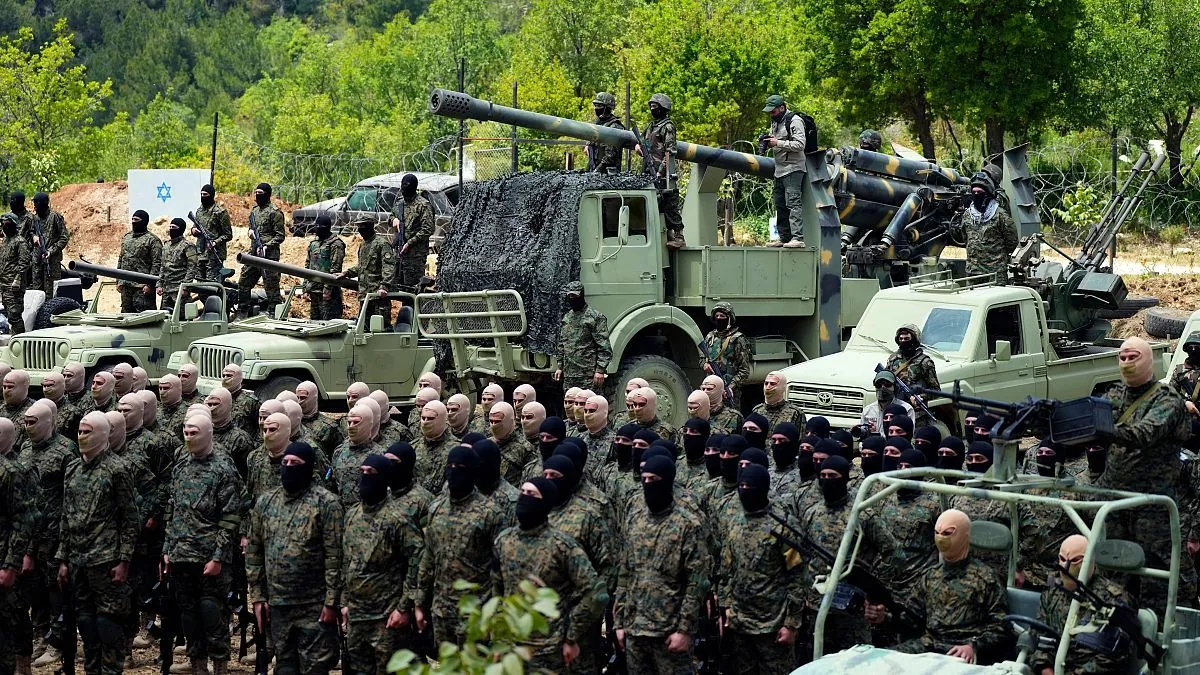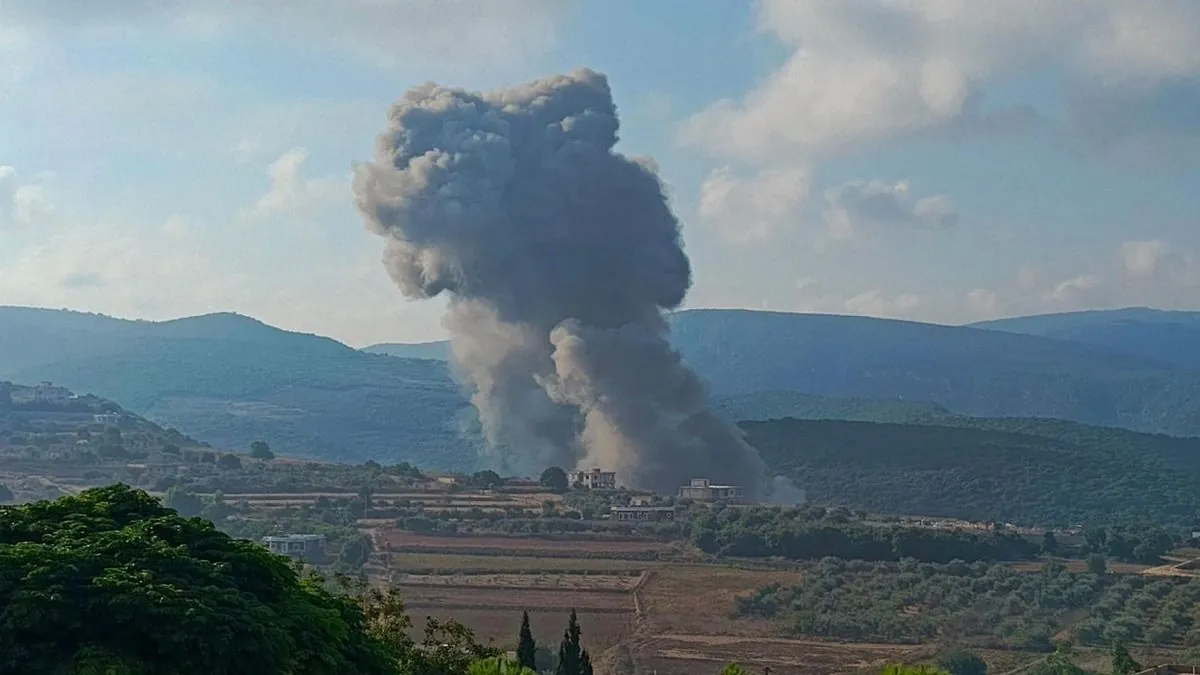Israel's Strategic Strikes Weaken Hezbollah, Pushing for Diplomatic Solution
Israel's recent actions have significantly degraded Hezbollah's capabilities, forcing the group to reconsider its strategy. Diplomatic efforts aim to achieve a separate cease-fire and long-term containment of the organization.

In recent days, Israel has executed a series of strategic strikes against Hezbollah, significantly diminishing the Lebanese militant group's military capabilities. This escalation comes as Israel seeks to address the ongoing threat to its northern border.
Hezbollah, founded in 1985 in response to Israeli occupation of southern Lebanon, has long been a formidable adversary. With an estimated 25,000-50,000 fighters and an arsenal of over 130,000 rockets and missiles, the group has posed a significant threat to Israel's security.
Israel's recent actions have targeted key aspects of Hezbollah's infrastructure:
- Communication systems: Exploding pagers and walkie-talkies disrupted the group's ability to coordinate.
- Leadership: The assassination of operations commander Ibrahim Aqil and 14 top Radwan Force commanders dealt a severe blow to the organization's command structure.
- Military assets: Strikes on approximately 30 rocket launchers and 150 launcher barrels, along with weapons storage facilities, have degraded Hezbollah's offensive capabilities.

These actions have forced Hezbollah to confront a difficult choice: preserve its remaining military assets or maintain its threat posture against northern Israel. The group's leader, Hassan Nasrallah, who has been in power since 1992, remains defiant but faces mounting challenges.
Hezbollah's losses extend beyond military capabilities:
- Internal security: The group now fears deep infiltration by Israeli intelligence, eroding trust within its ranks.
- Community support: The inability to protect its own has shaken confidence among its constituency.
- Strategic advantage: The loss of the element of surprise has undermined a key aspect of Hezbollah's military strategy.
These setbacks come at a critical time for Hezbollah, which has been involved in various regional conflicts, including the Syrian Civil War, and faces international sanctions for alleged involvement in terrorism and drug trafficking.
Israel's strategy appears to be pushing Hezbollah towards accepting a diplomatic solution. The U.S. envoy, Amos Hochstein, has presented a proposal to implement U.N. Security Council Resolution 1701, which would require Hezbollah to withdraw its military presence north of the Litani River, approximately 18 miles from the border.
"No military escalation, no killings, no assassinations, and no all-out war can return residents to the border."
While a full-scale war remains a possibility, both parties seem to prefer a diplomatic resolution. Israel's targeted approach aims to avoid civilian casualties and international backlash, while Hezbollah seeks to preserve its most valuable assets, particularly precision-guided missiles provided by Iran.
The international community, particularly the United States, has a crucial role to play in facilitating a separate cease-fire between Israel and Hezbollah, distinct from the ongoing conflict in Gaza. This approach could help undermine narratives of "resistance" and pave the way for a long-term containment strategy.
Any sustainable solution must address Hezbollah's weapons supply routes from Iran via Iraq and Syria, as well as support efforts to strengthen Lebanese state sovereignty. This is particularly important given Hezbollah's significant presence in Lebanese politics and its network of social services within the country.
As the situation evolves, the international community must remain vigilant. Hezbollah's cyber warfare capabilities and its influence on other non-state actors in the region underscore the complexity of the challenge. A carefully calibrated diplomatic approach, backed by strategic pressure, offers the best hope for regional stability and the safe return of displaced residents on both sides of the border.


































